As kids return to sports, hits to the head can be real cause for concern. Here’s what you need to know about concussions in children, including how to prevent them, how they are treated and when your child can resume normal activities.
What is a concussion?
A concussion is a type of mild traumatic brain injury (TBI) that happens when there is a blow, bump or jolt to the head that makes the brain move back and forth with a lot of force. This can result in an injury directly to the brain. This causes chemical changes that temporarily effect how brain cells function, and in more severe injury can even cause longer lasting damage to the brain tissue itself.
How common are concussions in children?
Concussions are probably more common than we know because they often go unrecognized. It is estimated that each year more than three million children sustain a traumatic brain injury, 80 to 90% of which are mild TBI, or concussion. Most of these mild TBIs are not treated in a hospital or emergency department.
Some of the more common causes of concussion include:
- Motor vehicle accidents
- Falls
- Bicycle accidents
- Fights
- Blows to the head in sports such as:
- Football
- Ice hockey
- Soccer
- Rugby
- Horseback riding
- Lacrosse
- Basketball
- Wrestling
What are the symptoms of concussions in children?
Initial symptoms may be mild or written off as being “normal,” but any symptom or change in functioning after a hit to the head is a cause for concern. Concussion symptoms can develop on impact or up to 48 hours after the incident. Any symptom or change in functioning after a child hits their head should result in immediate removal from play, and an appropriate medical evaluation by a qualified healthcare provider.
Symptoms you may observe in your child if they have a concussion:
- Appears dazed or stunned
- Forgets plays or current activities
- Is confused about what they are doing
- Is unsure of recent events (game, score or opponent)
- Moves clumsily
- Answers questions slowly
- Loses consciousness
- Shows behavior or personality changes — irritability, more emotional
- Can’t recall events before or after the hit or blow
- Vomits
Symptoms your child may report if they have a concussion:
- Headache
- Nausea
- Balance problems or dizziness
- Double or fuzzy vision
- Sensitivity to light or noise
- Feeling sluggish or slowed down
- Feeling foggy or groggy
- Concentration or memory problems
- Confusion
- Fatigue
If your child has been diagnosed with a concussion, go to the emergency department if your child:
- Headaches that worsen
- Very drowsy, can’t be awakened
- Can’t recognize people or places
- Seizures
- Repeated vomiting
- Increasing confusion
- Neck pain
- Slurred speech
- Weakness/numbness in arms/legs
- Unusual behavior change
- Significant irritability
- Less responsive than usual
These could be signs of a more serious brain injury, and your child might need treatment at a hospital.
What should I do if I think my child has a concussion?
If you believe your child has a concussion, take your child to their pediatrician or urgent care for an initial evaluation. Because the symptoms of a concussion can cause problems when the child returns to school, home or community activities, early identification and appropriate treatment is key to a safe outcome.
The Safe Concussion Outcome, Recovery and Education (SCORE) program at Children’s National Hospital has been providing expert concussion care to families in the Washington, D.C., region since 2003. Your pediatrician may choose to refer your child to a specialist at Children’s National early after the injury, or if the symptoms do not appear to be improving after several weeks. You may also want to have your child evaluated by a specialist if they are having significant difficulties with their return to normal activities, such as in school, with exercise or socially.
How are concussions diagnosed?
To diagnose a concussion, your child’s pediatrician will perform an evaluation to assess your child’s symptoms, and they may be given tests of their cognition (i.e., thinking), balance, reflexes or coordination. The doctor may also order a brain scan to assess for a more severe brain injury, although brain scans are not typically used to diagnose a concussion.
Test results are used to determine any needed interventions, as well as plan for return to school, sports and other physical activities. Sometimes symptoms are caused by factors not related to a concussion, but which may still require treatment. Some children with concussions experience prolonged symptoms, which interfere with their daily activities and sports. If your child’s symptoms do not seem to be getting better or are causing significant distress or impairment, it is recommended that you seek guidance and treatment from a concussion specialist.
Do I need to keep my child awake all night or wake them up regularly if they have been diagnosed with a concussion?
No, sleeping does not make brain injuries worse. In fact, sleep is actually very important for recovery. The brain’s energy after a concussion is reduced significantly and there may be a powerful urge to sleep. The general recommendation is to let your child sleep after their injury, but during the first evening you can occasionally check on them (gently push or nudge them) to be sure that they respond to you in some way. You do not need to wake them up fully.
How is a concussion treated?
Just like all injuries or illnesses, every concussion must be managed and treated individually. A proper evaluation of the child or adolescent is important in determining the best treatment for that individual person. Most importantly, you should make sure that your child avoids all activities with risk for re-injury until they are fully healed. Often, fully returning to sports activities at school or in local organizations requires a signed medical clearance form according to state laws. Initially, resting and minimizing over-exertion (physical, mental) can be helpful early after the injury, but it is also important that your child begins to resume some activities again over time. Your doctor may recommend a recovery plan like the following:
1-2 days after the concussion:
- Relax at home and do calm activities such as talking to family and friends, reading, drawing, coloring or playing a quiet game. If your child’s symptoms interfere with the activity, they should take a break and try again after a few minutes or hours.
- Avoid or cut down on screen time because this will cause symptoms or make them worse.
- Get plenty of rest.
- Avoid caffeine.
- If your doctor says it’s okay, you can treat your child’s headaches with acetaminophen or ibuprofen.
A few days to a week after the concussion:
- Slowly try more activities such as going for walks or watching TV. If symptoms interfere, take a break.
- Work with your doctor and school team to create a plan for returning to school. Your child may need to start with a shorter day or a lighter workload.
- Manage symptoms through breaks during the day and get plenty of good sleep at night.
When symptoms are nearly gone:
- Have your child take breaks if their concussion symptoms get worse.
- Return to a regular school schedule with supports if needed.
- Encourage outside time, such as taking a walk or supervised and safe playground time.
When symptoms are fully gone:
- Work with your child’s pediatrician, concussion specialist or other health care provider to create a clear plan for a gradual return to sports. Don’t let your child go back to sports without clearance from a licensed healthcare provider with knowledge of concussion.
When can my child return to sports after having a concussion?
Children should only return to sports after being cleared by their health care provider. Usually this means that they are completely symptom free, have completed a supervised return-to-play process without any symptoms, and are fully participating in school.
Rushing back to sports or other risky activities before full recovery can put your child at risk for a more severe brain injury. Although very rare, second-impact syndrome — another head injury that occurs before the concussion has healed — can cause lasting brain damage and even death.
How can I help prevent my child from getting a concussion?
To prevent concussions:
- Help create a safe sports culture in youth sports. Coach and league education and training, enforcement of rules, appropriate policies and procedures around removal from play and signed medical clearance to return to play after a concussion are all up front ways to increase safety and improve fun in youth sports.
- Be sure your child wears a helmet for sports like skiing, snowboarding, ice skating, skateboarding, biking, riding a scooter and rollerblading. Helmets will not prevent a concussion but are very important to reduce the risk of skull fractures and more severe brain injury.
- Encourage your child to feel comfortable to talk with you or their coaches if they don’t feel well while playing a sport or may be experiencing a symptom of concussion. Prompt removal from play for a suspected concussion can significantly reduce the risk of a worse injury and longer recovery.
Additional resources
The SCORE concussion program is currently seeking children between the ages of 11 to 18 diagnosed with a concussion in the past month to participate in a study to better understand risk factors for prolonged recovery after concussion. If you and your child would like to find out more about our research, please send an email to our study team at: Care4Kids@childrensnational.org
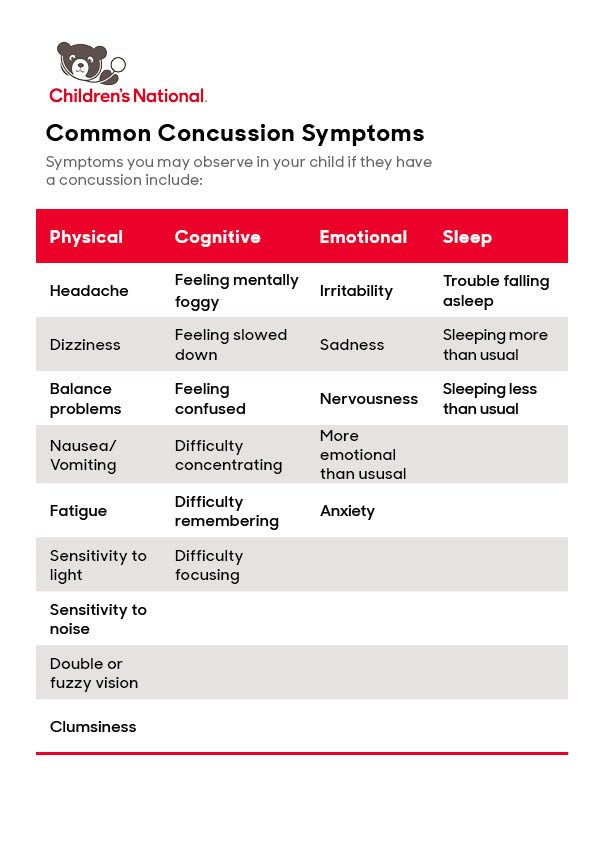
You can download our chart of concussion symptoms here.
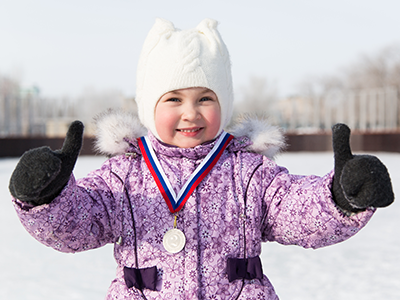 https://riseandshine.childrensnational.org/wp-content/uploads/2026/02/olympics-feature.png
300
400
webteam
https://riseandshine.childrensnational.org/wp-content/uploads/2017/11/childrens_riseandshine_logo.jpg
webteam2026-02-05 16:41:512026-02-06 08:51:52What the Winter Olympics can teach our children
https://riseandshine.childrensnational.org/wp-content/uploads/2026/02/olympics-feature.png
300
400
webteam
https://riseandshine.childrensnational.org/wp-content/uploads/2017/11/childrens_riseandshine_logo.jpg
webteam2026-02-05 16:41:512026-02-06 08:51:52What the Winter Olympics can teach our children





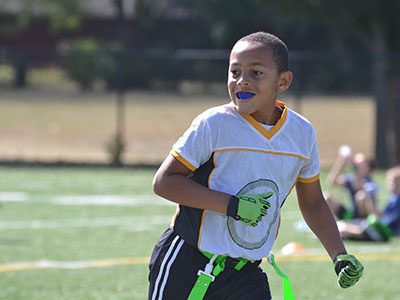
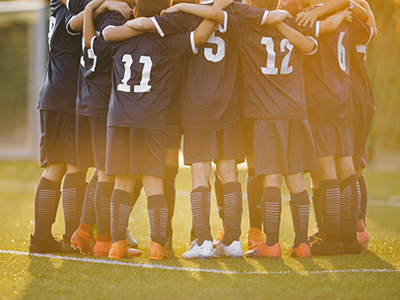
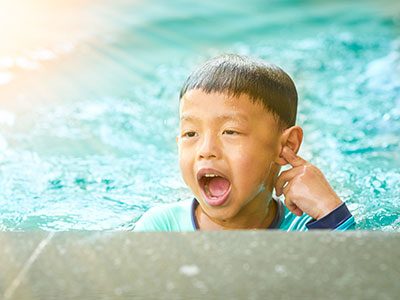
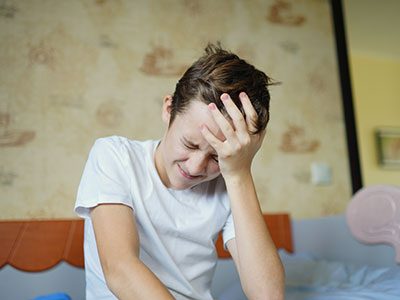
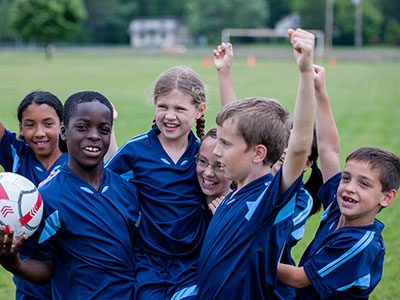

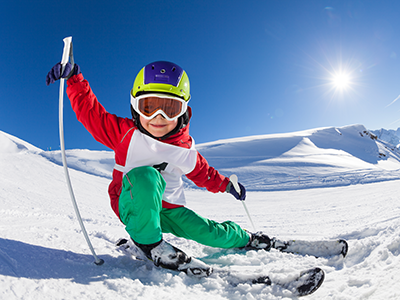
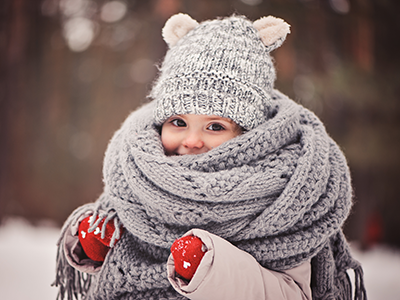
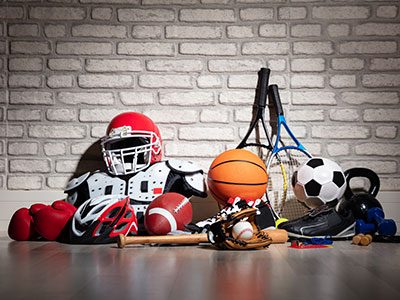
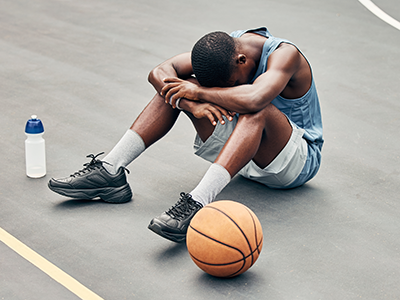

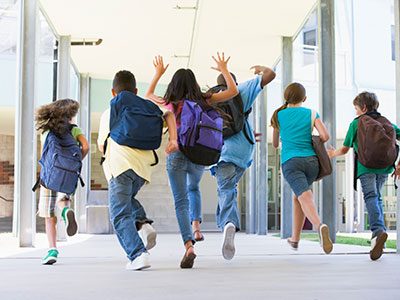
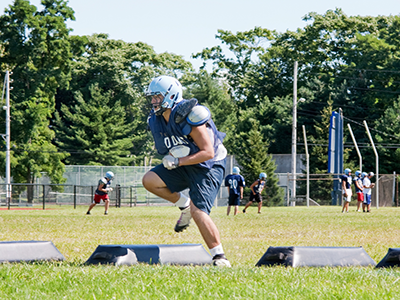
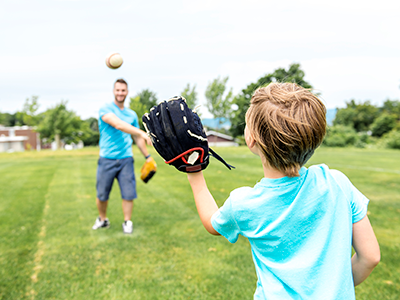
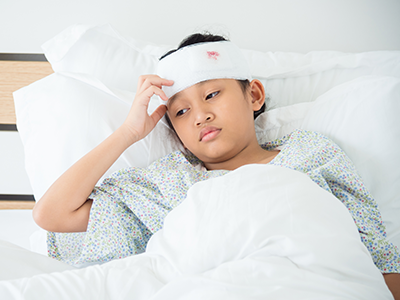
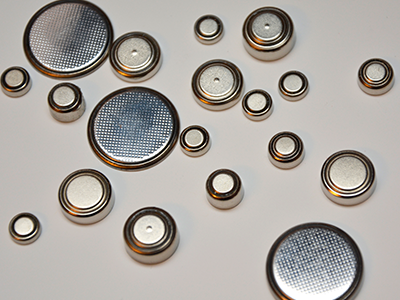
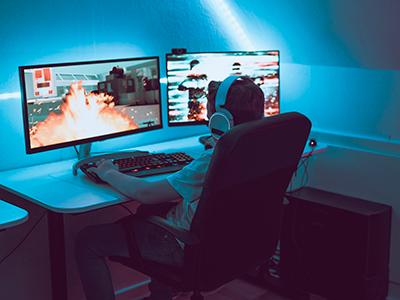
Leave a Comment
Want to join the discussion?Feel free to contribute!